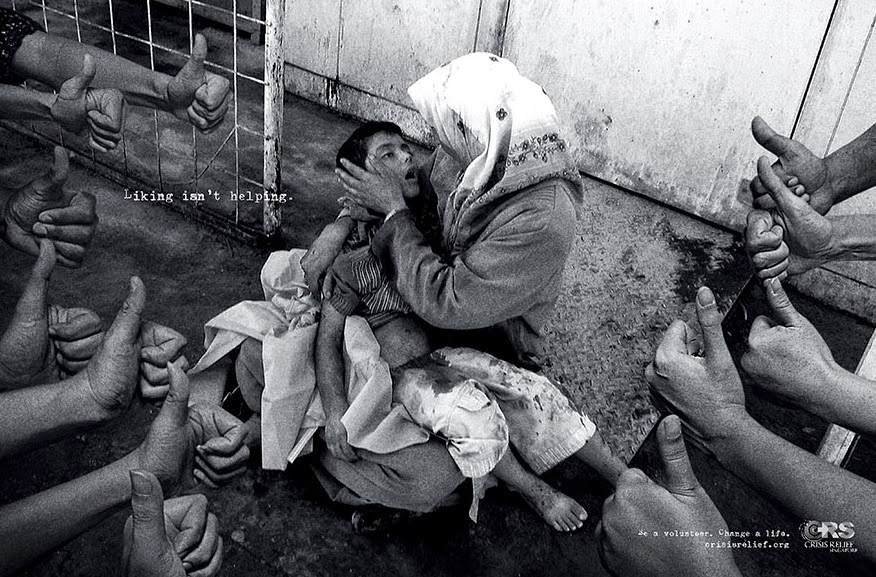What Do We Censor? By Charlotte Osborn
“To keep Instagram safe” was the excuse the social media mega-corporation provided when it removed Radhika Sanghani’s photo of a period blood stain. What the people at Instagram really mean was, “to shield people from the disgusting reality that many women experience on a monthly basis” (and by this I mean leaking period blood).
This brings up the age-old question: what should be censored? Modern society accepts objectified, scantily-clad women on billboards and magazines as “normal,” but when a picture of a white string between a women’s legs or a red spot on a sheet appears in the mainstream, it suddenly becomes a call to arms. Is it because menstruation and the procedures affiliated with it humanize women and detract from their physical attributes? Most likely.
But on a larger scale, the almost criminalization of a monthly bodily cycle, (that women have had since humans have evolved, just in case you were wondering how long this “period” thing has been around for), is more telling about how people perceive women and what they stand for.
Women face every day struggles that are rarely acknowledged, even amongst other women. These struggles come in many shapes and sizes that most people are aware of yet choose to turn a blind eye towards: physical/verbal abuse from partners, the gender wage gap, societal pressure to prioritize physical looks over intelligence, and yes, even period spotting.
I believe that if change is to occur, the qualities of women that are publicized in our society and the qualities of women that are kept hidden need to be reversed. In my opinion, the conversation about menstruation should be publicized in order to remove the taboo that is associated with it. 



left: Radhika Sanghani’s Instagram post
right: February 7,1995 on the cover of Village Voice: a photograph that grew traction in the public eye









